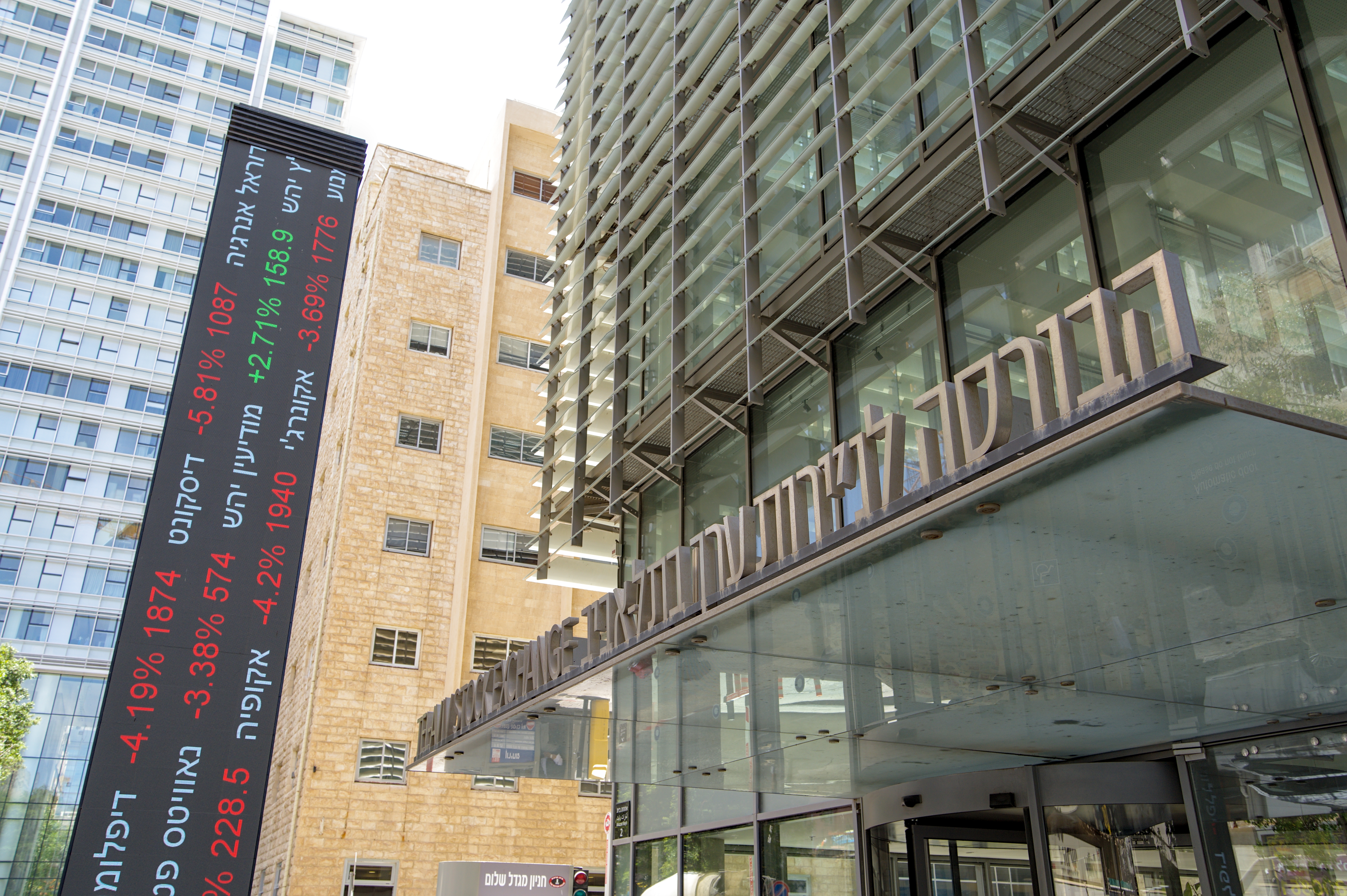Shekel slides sharply as security fears and trade turmoil roil markets
The euro hits 4.30 before settling at 4.27; dollar holds firm at 3.71 despite broader weakness.

Ongoing security concerns in Israel and turbulence in global markets—driven in part by U.S. tariff policies—are putting renewed pressure on the Israeli shekel, which weakened significantly Monday against both the euro and, unusually, the U.S. dollar.
The euro surged to a recent high of 4.30 shekels during trading before settling at 4.27. A day earlier, the Bank of Israel set the official rate at 4.25 shekels, reflecting a 1.5% jump from the previous rate. Meanwhile, despite a broader global decline of around 3% in the dollar’s value in recent days, the greenback traded at approximately 3.71 shekels Monday morning—up from the official rate of 3.69 shekels set Sunday.
The shekel’s depreciation has proven beneficial for Israeli exporters, who now receive more local currency per euro or dollar earned overseas. But the flip side is rising costs for Israelis traveling abroad. With flights, hotels, and car rentals priced in foreign currencies, the average overseas trip has become hundreds or even thousands of shekels more expensive.
The currency pressure comes amid escalating fighting in Gaza and stalled negotiations over a ceasefire and hostage release. Defense spending continues to climb, with the Israeli military recently requesting an additional 10 billion shekels in funding. Meanwhile, the mobilization of reservists, a sharp decline in tourism, and investor uncertainty are weighing heavily on the broader economy.
“The recent spike in foreign exchange rates—especially the euro—is a major development for exporters,” said Or Poria, chairman of Poria Finance. “For companies exporting to Europe, this effectively means a 15% increase in revenue in shekel terms, while operating costs remain stable. That translates to higher profit margins.”
However, Poria cautioned that the trend may not last and encouraged exporters to consider hedging strategies to protect against a potential rebound in the shekel’s value.